Blog
Everything Has Changed – Except Our Way of Thinking
I just finished reading the book “The Shortest History of War” by Gwynne Dyer. He is one of my favourite writers. When I learned that he started off his short history in 5,000 B.C., he had me hooked. It was also a little over 300 screens on my iPad vs. my usual 900 average.
The original context was the quote from Albert Einstein in 1945. I thought it had meaning for me in today’s world. I’m familiar with the saying that the Generals are experts at fighting the last war. Einstein said this but in a different, more broad statement. A more general way, if you’ll excuse the play with words.
But back to business.
Recently I learned that the Canadian government had surveyed Canadians to measure how we feel about the things we do in our lives. Are they worthwhile – what is the sense of meaning and purpose? At first, I thought this was another expose of wasteful taxpayers’ money.
As I read the article, it dawned on me that this was not wasted money but our thinking catching up with enormous changes in the last few years. This was truly astounding.
Typically, to impact budgeting and policy development, the government surveys metrics, numbers, ‘objectives;’ GDP, incomes, employment stats, new housing builds. The list is endless.
The pandemic created a significant shift in the thinking of the general population and my own. What is essential in my life? When the rubber hits the road, it turns out that how I treat others and how they treat me is very important. I think of the hundreds or thousands of Indigenous children buried in unmarked graves. I went to 6 schools of learning for my education, and not one had a graveyard.
I think of the disproportionate number of seniors who died in nursing homes and long-term care centres. Until now, my mind hasn’t changed that much because I didn’t give it much thought – I fear that everything has changed for seniors, but our thinking has a long way to go.
The change in my thinking needs to break out of the ‘tweak’ mode and rethink things. Housing folks in their room vs a shared room is a tweak. The thinking and subsequent action in one of the Scandinavian countries are what I mean by catching up.
They collect a tax (think of a CPP style) starting when citizens are 40 years old. All that money goes to caring for you in your later years. With the funds available, the options for creative quality of life considerations increase considerably.
To return to the Canadian study, here are some very brief highlights.
A significant number, 60% of Canadians, have a strong sense of meaning and purpose. The devil is in the details.
Sixty-nine percent of rural Canadians indicated meaning and purpose. It was 58% for urban dwellers.
The LGBTQ community scored 40%, while straight folks were 61%.
And on it went. Fascinating.
Please give this a bit of a think. What is one change you’ve noticed in the life of your community over the past two years? How would you rate the thinking? Is the community better off now? Has it caught up with the actual change?
I’m curious about your thoughts. Please share your bit of a think below.
Photo by Jake Young on Unsplash
If you enjoyed The Blog, please share it with others. Thanks.
And my thanks to St. Albert Seniors Association: 780-459-0433 for making this Blog possible.

Volunteer Blogger



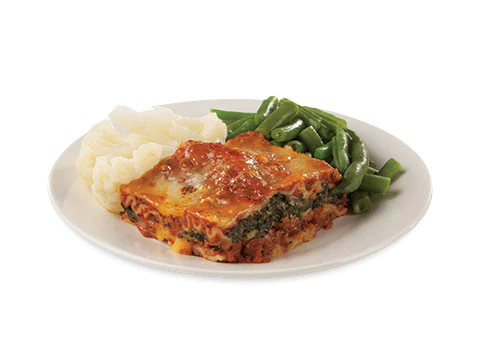
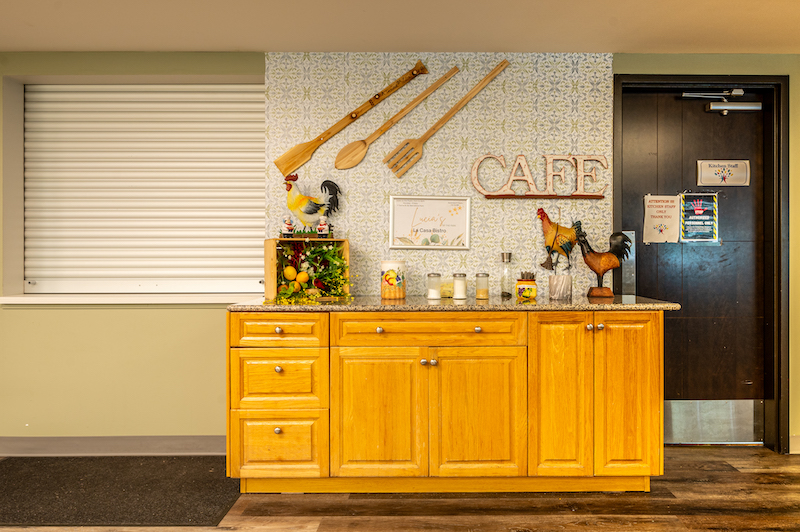
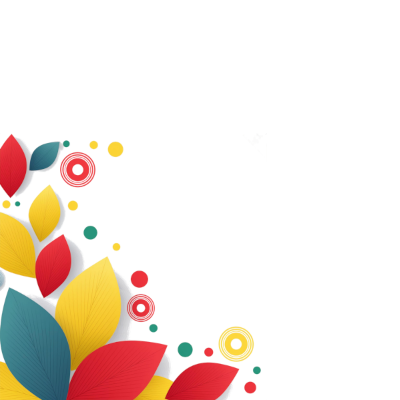

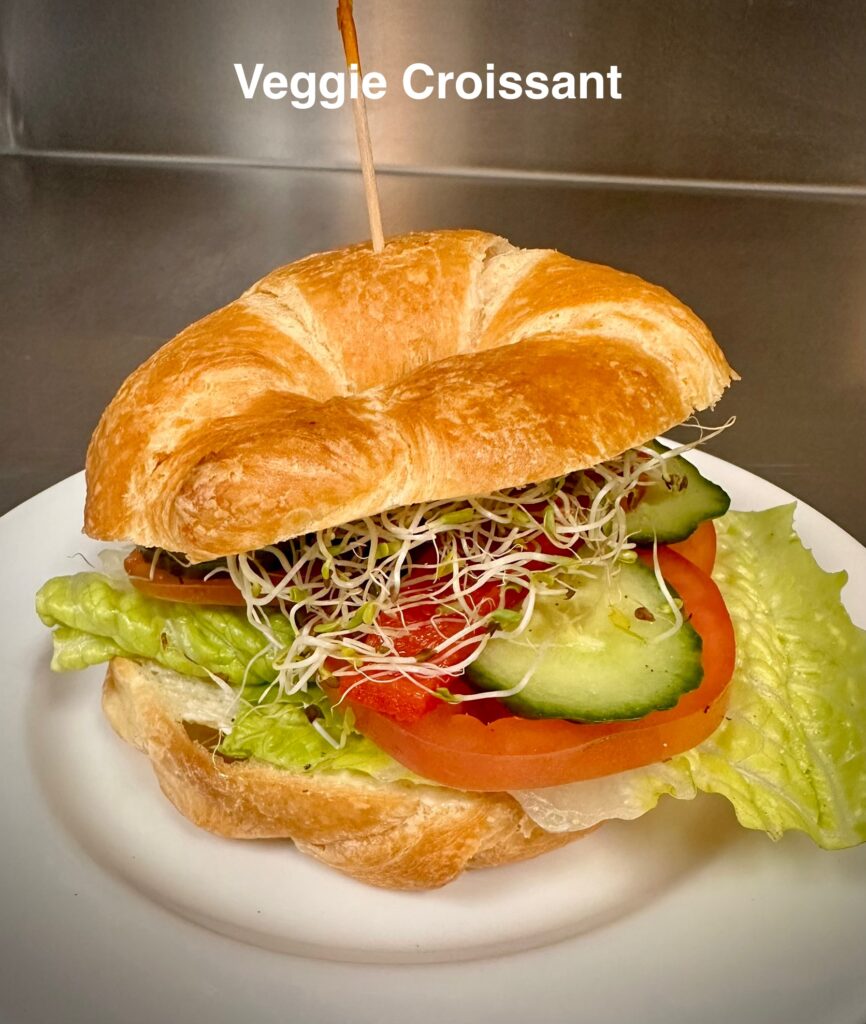

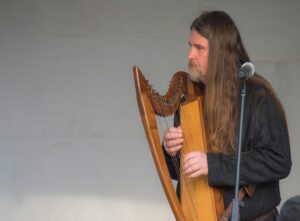

The biggest and most noticeable change in my community involves my place of worship. The numbers of attendees have been reduced to 40% of pre-pandemic times. It was not unusual to see friends and invite them for a meal the following week/ or we would receive an invite.
I barely see my old “ circle “ of friends and consequently my husband and I now socialize with only one or two other couples. This had something to do with our “bubble “ but now it seems we’ve just settled into a quiet, insular routine. On our street of 36 houses 3 neighbours have listed their homes because of the high prices they are demanding.
We are seeing a more diversified neighbourhood and at the risk of sounding put-off by it I’ll just say while I embrace newcomers and recognize their desire to be part of this great country of ours, I miss the old neighbourhood.
You’ve touched on how complicated recent changes have been and how thinking struggles to keep up.